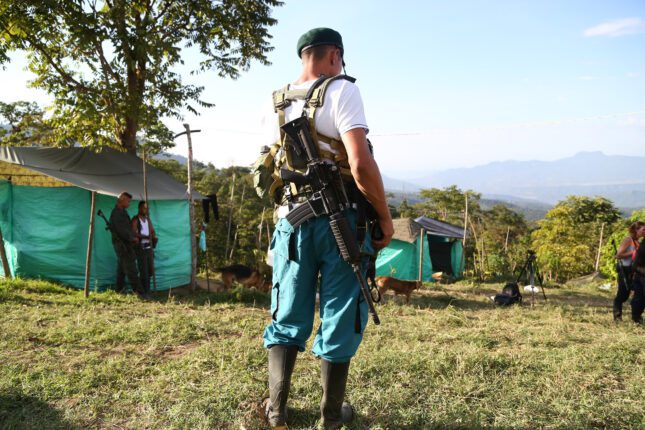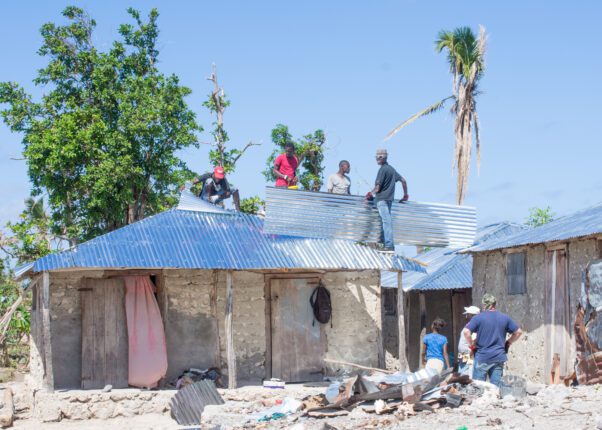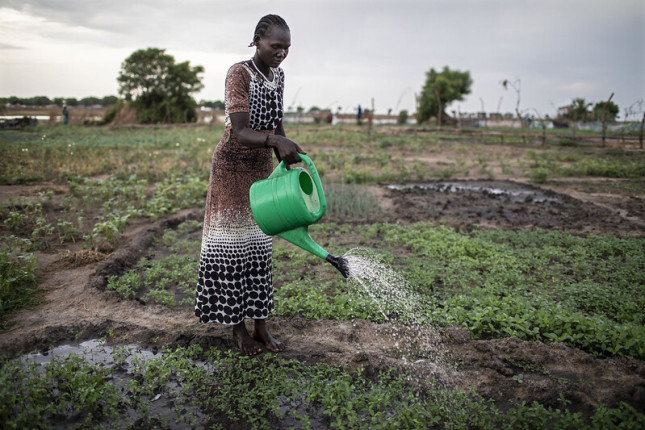-
Rebel Governance in an Age of Climate Change
›July 30, 2025 // By Elisabeth Gilmore, Kathleen Cunningham, Leonardo Gentil-Fernandes, Reyko Huang, Danielle F. Jung & Cyanne E. Loyle
In Myanmar’s resource-rich Kachin State, deforestation linked to illegal logging and mining has surged over the past decade. While the national government struggles to assert control, the Kachin Independence Organization (KIO)—a political organization seeking autonomy for Kachin State in Myanmar—has also stepped in to regulate land use, restrict timber harvests, and manage permits. These activities serve to conserve local ecosystems and extract revenue. KIO’s environmental governance is strategic, aiming to bolster civilian support and consolidate territorial control. It is also shaping how communities cope and adapt to climate change.
-
In the Wake of a Tropical Cyclone: Turning to Violence or Building Peace?
›
“It seems like the news is always bad, right?” observed retired climate and atmospheric scientist James Kossin in a BBC interview last autumn.
Kossin was describing how climate change is weakening the wind shear patterns that have helped lessen the impacts of tropical cyclones in the United States. And, indeed, there is mounting evidence for his observation.
-
What Next for Climate Security? Implications From IPCC Working Group II 6th Assessment Report
›
The recent Intergovernmental Panel on Climate Change (IPCC) 6th Assessment Report (AR6) from Working Group II (WG2): Impacts, Adaptation and Vulnerability presents the stark implications of climate change. At today’s warming level of 1.1°C, a wide range of impacts to people and nature are attributed to human-caused climate change, including hindering progress on the Sustainable Development Goals (SDGs), damaging infrastructure and economic activities, harming human health and causing excess deaths, and increasing humanitarian needs. Some impacts, like those on sensitive ecosystems, are already irreversible. The more vulnerable are hit harder, due to pre-existing structural conditions that increase their exposure and sensitivity to hazards.
Showing posts by Elisabeth Gilmore.






